Podcast Episode 100!
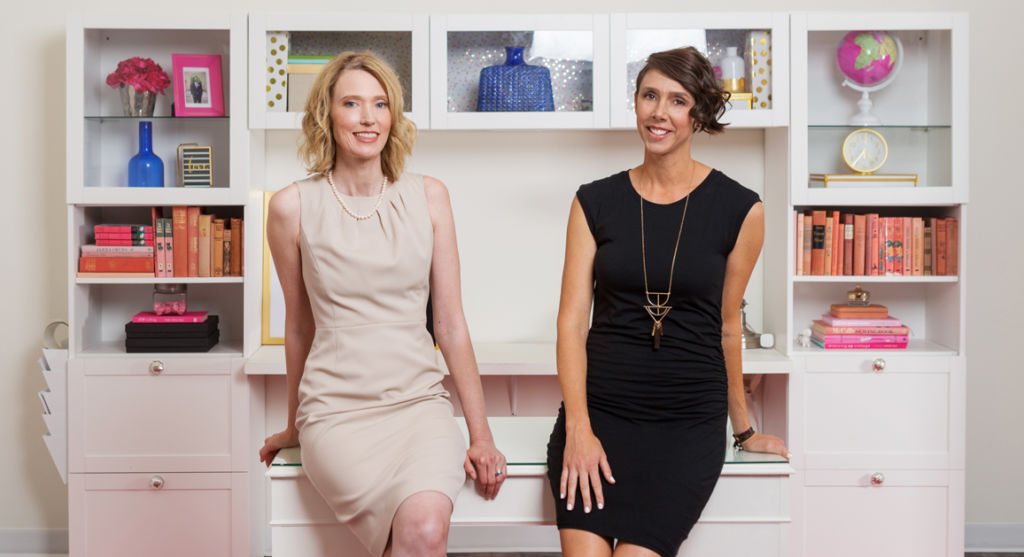
It’s the 100th episode! Alyssa and Kristin, co-Owners of Gold Coast Doulas, talk about what the past two and a half years of podcasting has looked like, how the podcast has changed, how the business has changed, how services have pivoted in the midst of the COVID-19 pandemic, and how they are playing their part […]
Top 10 New Parent Essentials
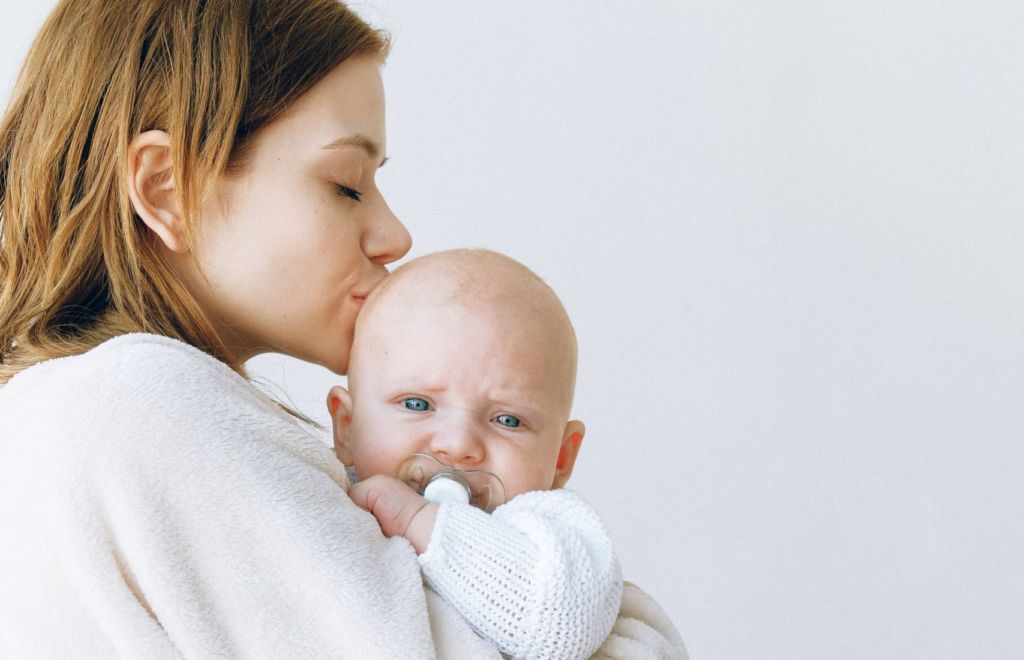
Did you notice that this list doesn’t say “Baby Essentials”? Nope, it’s not an error. YOU are the single most essential thing in your baby’s tiny life. While you process all the feels over this game changing reality, I’ve got your back with some advice on essentials that will ease your transition so that you […]
Doula Support for Adoptive Families
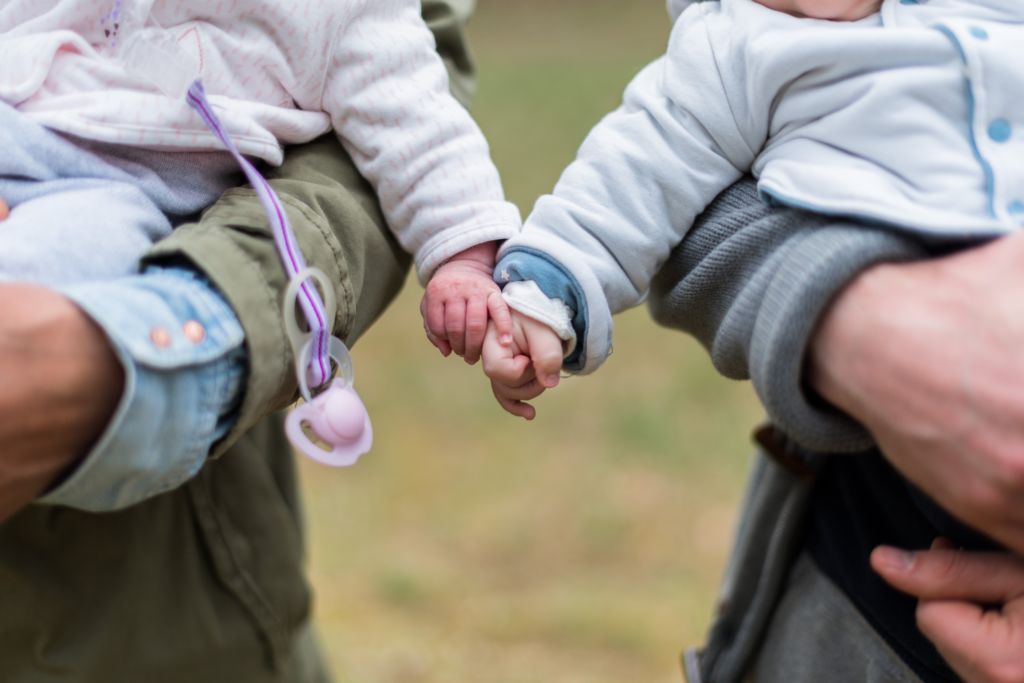
Most parents probably don’t think about hiring a doula if they aren’t pregnant. They think of a birth doula only supporting a laboring mother, but that couldn’t be farther from reality. Birth doulas can support any parent. Postpartum doulas can support adoptive families by helping them to prepare for baby’s arrival and in-home after baby […]
Podcast Episode #45: Babywearing
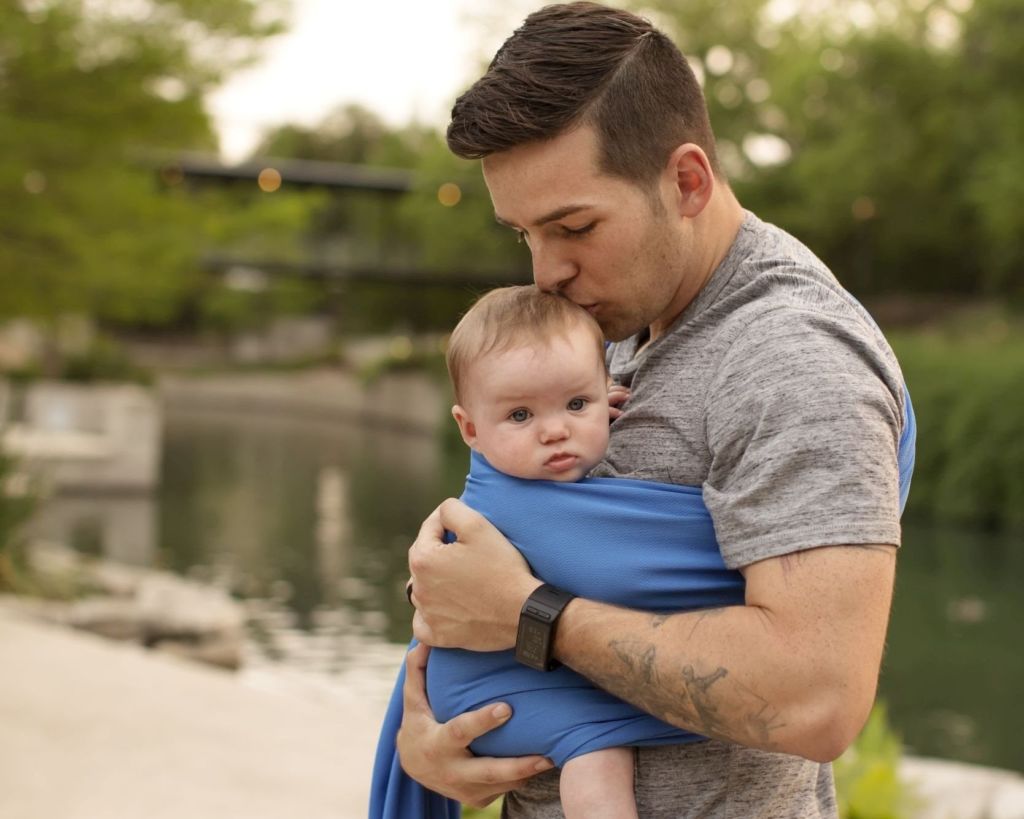
What are the best baby carriers and wraps? Can you wear twins? Today we talk to babywearing expert Marissa Berghorst, owner of EcoBuns Baby + Co in Holland, Michigan. You can catch this complete podcast episode on iTunes and SoundCloud. Alyssa: Hello again! Welcome back to Ask the Doulas. I am Alyssa Veneklase, co-owner and […]
Newborn Care: Fussiness

When I teach my newborn care class one of the topics we cover is fussiness. This topic gets a lot of reaction from parents. They have a lot of questions. Nobody wants a fussy baby, but the truth of the matter is that every baby is fussy at times. So what do you do when […]
Meet Your Babywearing Educator–Ashley Forton
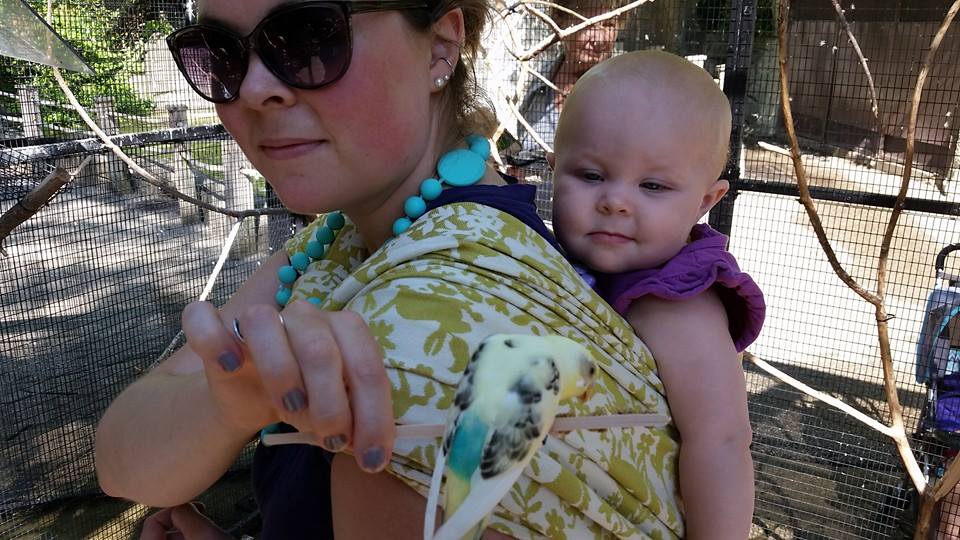
Gold Coast Doulas is thrilled to feature Ashley Forton in our latest Q&A about her experiences with babywearing. Reach out if you are interested in booking a babywearing consult with Ashley. 1) What did you do before you became a babywearing educator, HypnoBirthing Instructor and Doula? I have a bachelor’s degree in health sciences from […]
